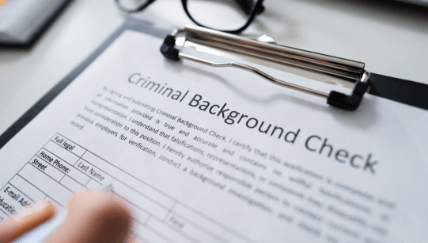If you are interviewed for a job, the employer will most likely run a background check on the information you have provided. Background checks allow companies to evaluate potential employees and assess whether a candidate is the right choice. As an applicant, it is important to understand the various laws and regulations you are protected by, as well as what information employers verify in background checks.
An employer may run a background check for various reasons depending on the type of job position they are trying to fill. Certain jobs may require a search for driving or medical records, while others may require a credit check, criminal background check, and validate dates of education. Over the past decade, there has been heightened security in all areas of business, so employers want to be sure that the people they hire are honest, reliable, and trustworthy. You may also be subject to a background check even if you are a current employee.
Background checks may include an investigation into (but not limited to) the following:
- Social Security trace
- Education
- Driving history; Vehicle registration
- Credit; Bankruptcy
- Court records
- Criminal; Sex offender databases
- Military records
- Drug test records
- Medical records
- Past employers
- Personal references.
The Fair Credit Reporting Act (FCRA) is a Federal law enacted in 1970, which sets national standards for background screenings by employers. Under the FCRA, certain information cannot be reported about you, such as tax liens after seven years, civil suits/judgments after seven years, and bankruptcies after 10 years. This law applies to background checks carried out by consumer reporting agencies (third party, outside companies). Note that your state also has its own labor and employment laws.
87WP – 2023.08
